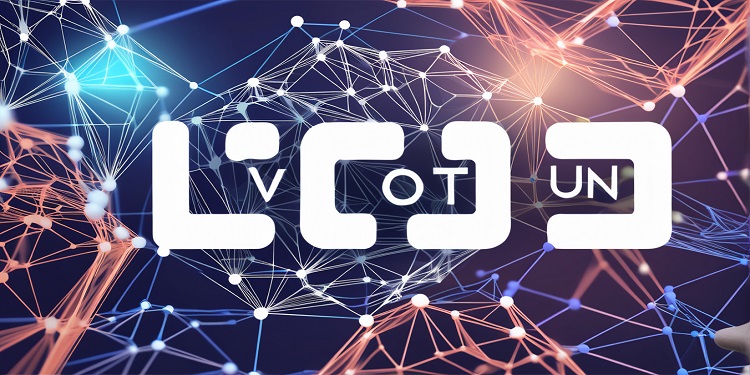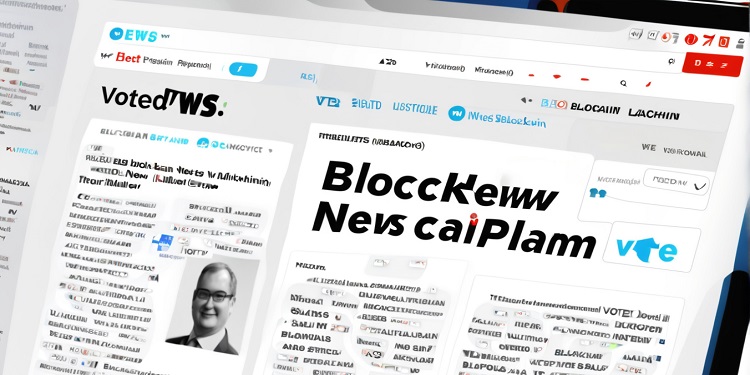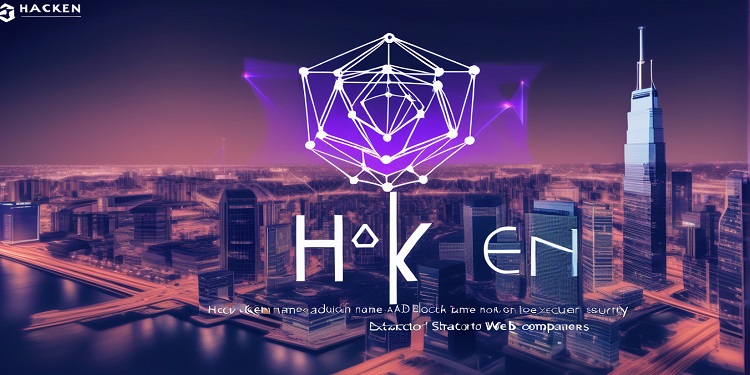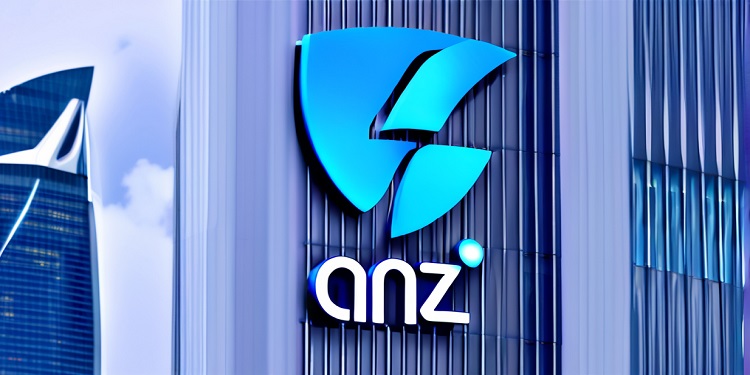The Algorand Foundation, a key player in the global blockchain space, has extended its support to the Plateau State government in Nigeria, aiming to assist in the state’s digitalization drive under Governor Caleb Mutfwang. The Foundation intends to enhance governance in the state through the implementation of decentralized identity (DiD) solutions, aligning with the government’s goal of modernizing its administrative systems.
This initiative was formally announced during a decentralized identity stakeholders meeting held at the New Government House in Jos. At the event, representatives from the Algorand Foundation emphasized that the focus of the project is to improve the quality of life for Plateau State citizens by providing them with a streamlined, digital means of accessing government services. Benjamin Onuoha, the Country Head of the Algorand Foundation, stressed that the Foundation is fully committed to helping Plateau State achieve its ambitious digital transformation, with blockchain technology at the heart of this effort. The foundation believes that a decentralized identity system will create a more robust and transparent governance framework.
The digital identity solution being introduced by the Algorand Foundation is expected to significantly enhance Plateau State’s administrative capabilities. The DiD initiative will shift control of identity management away from centralized authorities, putting the power back into the hands of individual citizens. This approach is seen as a critical move toward increasing transparency and improving service delivery across the state.
The decentralized identity (DiD) system, powered by blockchain technology, offers a secure and efficient means for managing and verifying identities without the need for traditional centralized systems. By adopting this technology, Plateau State will enable its citizens to create a single digital identity that can be used to access a variety of services and platforms. This eliminates the need for multiple registrations or handling large amounts of paperwork. DiD technology’s key features include self-sovereignty, which allows individuals to maintain full control over their personal data, and enhanced privacy and security, ensuring that sensitive information is only shared with trusted parties when necessary.
In addition to improving governance, the project is also expected to have economic implications. John Agaldo, the CEO of IOTU, which is collaborating on the project, noted that the efficiencies brought by decentralized identity solutions could help position Plateau State as an attractive destination for foreign investment. He highlighted that DiD technology reduces inefficiencies such as leakages and wastages, making the state’s administrative processes more sophisticated and appealing to potential investors. Agaldo’s remarks underscore the potential for technology-driven governance reforms to not only improve service delivery but also contribute to the state’s economic growth by creating a more investor-friendly environment.
Meanwhile, Dominic Datong Gwaman, Director General of the Plateau Information and Communication Technology Development Agency (PICTDA), emphasized the importance of capturing accurate and reliable data as part of the initiative. He assured stakeholders that the government is committed to ensuring that all data used in the system is correct, personalized, and securely managed. This aspect of the initiative is critical to ensuring that citizens’ information remains private and is only used for its intended purpose. Gwaman also reiterated that the Plateau State government fully supports the project and is eager to harness the potential benefits it offers.
The collaboration between the Algorand Foundation and Plateau State reflects a growing trend among governments in emerging economies to adopt cutting-edge technologies like blockchain to modernize public administration and improve service delivery. The introduction of decentralized identity solutions represents a significant step toward creating a more efficient and transparent system of governance, while also empowering citizens by giving them greater control over their personal information.
By implementing blockchain technology in identity management, Plateau State is positioning itself as a leader in the application of digital solutions for public administration in Nigeria. The state government’s partnership with the Algorand Foundation could serve as a model for other regions looking to enhance transparency, security, and efficiency in their governance systems. Furthermore, the economic benefits of such a move, particularly the potential to attract foreign investment, highlight the broader impact of digitalization efforts on the state’s development.
As Plateau State moves forward with its digitalization goals, the integration of decentralized identity solutions could play a pivotal role in transforming governance and economic activity within the region. With the support of the Algorand Foundation, the state aims to streamline services, reduce inefficiencies, and enhance data security, all while positioning itself as a hub for innovation and investment in Nigeria.









